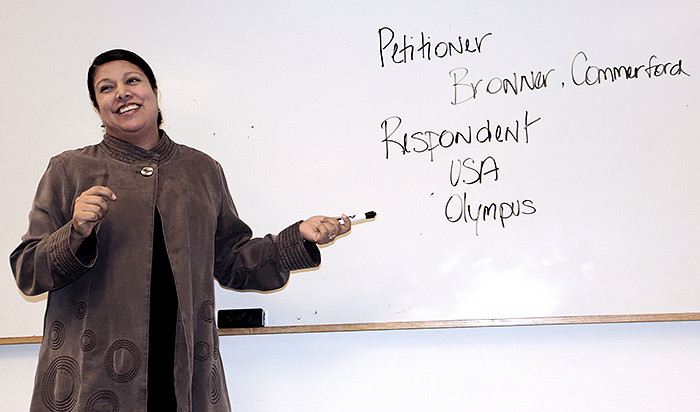
Anna Dutia, associate director of the Pre-Law Advising and Resource Center, has coached moot court at UT Dallas for the past four years.
UT Dallas students join the moot court team for a variety of reasons.
Some want to hone specific skills, like alumna Grace Bielawski, who aimed to become a sharper thinker and more effective public speaker.
Others, like former member Kimberly Phillips Mabel, are looking for a fun challenge.
And those like alumnus Tyler Gregston get hooked after observing a few minutes of practice.
But while Anne Dutia has seen students join for different reasons, she has watched all of them grow as public speakers and scholars, including many who have gone on to moot court success in law school after graduating from UT Dallas.
“I believe moot court offers the closest experience an undergraduate can have to the law school classroom and exam experience because students are required to brief cases, be familiar with the logic behind the Supreme Court’s decisions and then use that logic to predict how the court might decide future cases,” Dutia said.
UTD Law School Fair
What: More than 100 law schools will be on campus to speak with and recruit students. The event is open to current students, alumni and the public.
When: Friday, Oct. 24, 11 a.m. – 1 p.m.
Dutia, the associate director of the Pre-Law Advising and Resource Center, has coached moot court at UT Dallas for the past four years. Dr. Anthony Champagne launched the program.
Moot court is one of UT Dallas’ three legal advocacy programs that compete throughout the country against other college teams. It is modeled after the appellate procedure employed in state and federal courts. Teams of two formulate arguments based in constitutional law and present their points to a panel of judges acting as the U.S. Supreme Court.
The program develops and strengthens students’ critical thinking and analytical reasoning, Dutia said. Participants learn to anticipate difficult questions about their positions and respond intelligently and persuasively.
UT Dallas participants practice during class and one or two hours outside of class each week, Dutia said. They travel to tournaments twice a semester.
Last year, one UT Dallas team reached the quarterfinals at the Southwest Regional Tournament, and another made it to the semifinals to earn a bid in the national tournament, hosted by the American Moot Court Association.
This year’s Southwest Regional will be hosted at the Texas Tech University School of Law on Nov. 7-8. The UT Dallas competitors hope to qualify there for the national tournament, which will be held at Florida International University Law School in January.
Interested students are invited to observe class and should contact Dutia.
Alumni Still Courting Success
Many UT Dallas moot court alumni have gone on to distinguish themselves in law school competitions as well as in legal practice. Here is a look at some of them and where they are now:
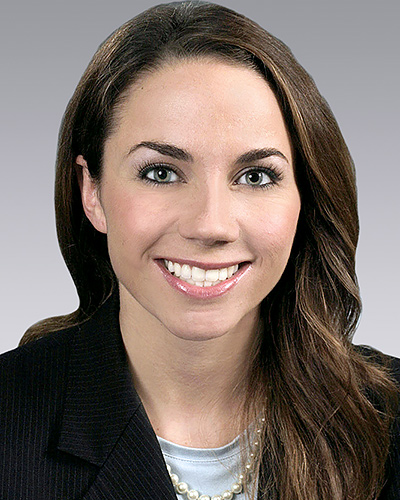
Kimberly Phillips Mabel
BA’04, crime and justice studies
JD’07, St. Mary’s University School of Law in San Antonio
At UT Dallas: Won a regional tournament in 2004 with her partner.
Law school achievements: Two-time champion of the American Bar Association regional tournament (2006-07); national best oral advocate at the American Bar Association National Appellate Advocacy Competition (spring 2007); champion and best oral advocate at the Texas Young Lawyers Association Moot Court Competition (summer 2006)
Currently: Mabel is a senior associate at Gardere Wynne Sewell LLP in Dallas, specializing in insurance coverage litigation, environmental law and general commercial litigation.
Quote: “I learned so much from moot court that I use every day in practice, but maybe the most important was learning how to build trust and rapport with judges, which is a skill that carried over to business colleagues and clients.”
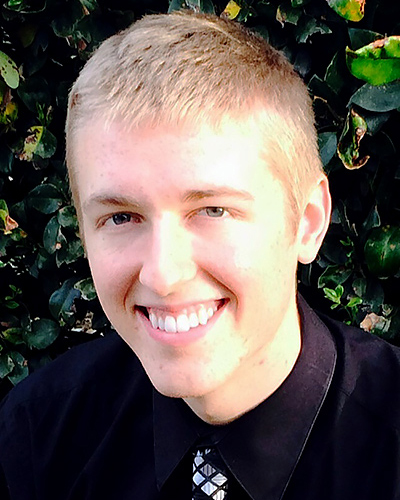
Tyler Gregston
BA’13, political science
At UT Dallas: Won speaker awards at various tournaments. Earned fourth place with his partner for the Texas Trophy, awarded by the Texas Undergraduate Moot Court Association, in spring 2013.
Law school achievements: Won the Texas A&M 1L Moot Court Intramural competition and was first-place orator. He recently made the team that will compete at the national tournament this fall.
Currently: Gregston is a 2016 J.D. candidate at Texas A&M School of Law.
Quote: “Moot court improves your ability to write, speak, research and combine legal arguments to create coherent strategies against the opposition. I believe that these skills are beneficial for anyone, regardless of their desired career.”
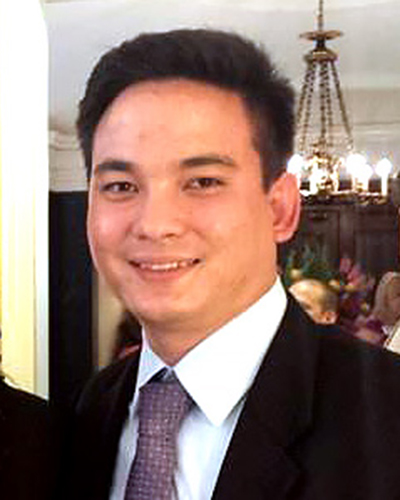
Blake Buether
BA’13, political science
At UT Dallas: Won speaker awards at various tournaments.
Law school achievements: Placed second in the Texas A&M 1L Moot Court Intramural competition and was second-place orator. He will serve as oralist on the Texas A&M Moot Court travel team for the Intellectual Property Moot Court Competition in Chicago, 1L this fall and is a member of the Board of Advocates for Texas A&M Law School.
Currently: Buether is a 2016 J.D. candidate at Texas A&M School of Law.
Quote: “I want to be a trial lawyer, therefore I need all the experience and practice I can get. Although moot court is not mock trial, the skills needed to do well in moot court translate the same way when making an opening or closing argument to the jury in trial.”
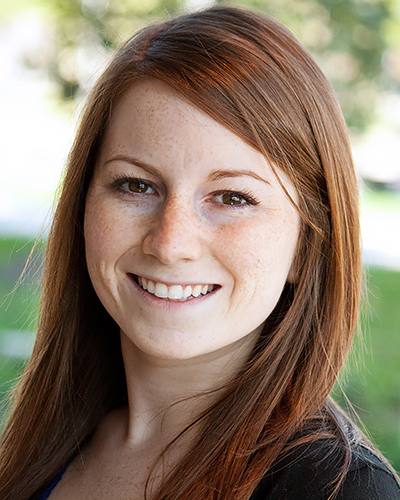
Grace Bielawski
BA’11, political science, McDermott Scholar, Archer Fellow
JD’14, University of Virginia School of Law
At UT Dallas: Won the South Central Regional Tournament in fall 2010 with Phillip Harris and won speaker awards at various tournaments.
Law school achievements: Won the moot court competition at the University of Virginia School of Law.
Currently: Bielawski is clerking in Washington, D.C., and plans to prosecute criminal cases in the area when she finishes. Her long-term career goal is to become an appellate advocate on criminal matters.
Quote: “I continued to compete in moot court as a law student because of how much I learned as a competitor at UT Dallas. Competing in moot court requires intense preparation, sharp analytical skills and an ability to communicate clearly. Although I did not possess all these skills when I started competing, Dr. Champagne and Ms. Dutia helped me develop them.”
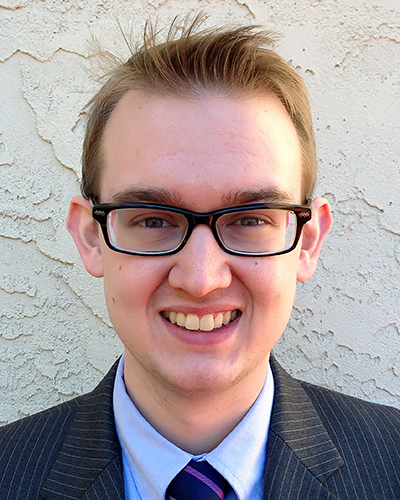
Phillip Harris
BA’11, political science
JD’14, University of Texas School of Law
At UT Dallas: Won the South Central Regional Tournament in fall 2010 with Grace Bielawski and won speaker awards at various tournaments.
Law school achievements: Was a finalist at the University of Texas School Of Law’s 1L moot court competition.
Currently: Harris is studying for the bar and preparing to begin as a judicial clerk for Judge Elsa Alcala on the Texas Court of Criminal Appeals in early September.
Quote: “I genuinely love moot court competition. I love appellate oral advocacy, and the best outlet for that at UT Dallas was moot court. Participating in moot court, along with the support of the pre-law program, definitely put me on a path toward success in law school.”